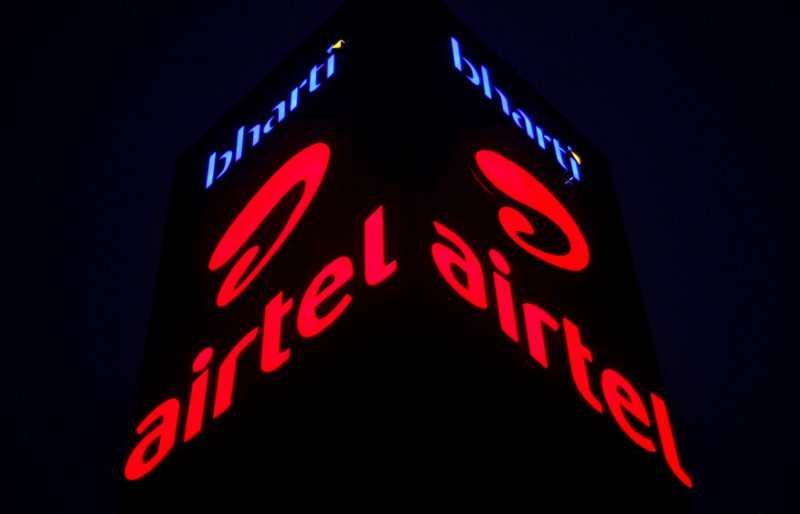(Bloomberg) -- India’s top court ordered eight telecom carriers, including Bharti Airtel Ltd. (NS:BRTI). and Vodafone (LON:VOD) Idea Ltd (NS:VODA)., to pay the government as much as 920 billion rupees ($13 billion) in past dues, dealing a blow to the businesses already struggling to make profits and pare debt.
The Supreme Court, in a ruling read out by a two-judge bench headed by Justice Arun Mishra, said it will decide on the timeline for payments. Thursday’s decision possibly puts an end to the two-decades-old legal dispute over airwaves fees owed to the government.
The operators have disputed for years over how authorities calculate their annual adjusted gross revenue, a share of which is paid as license and spectrum fees. With the ruling, the court upheld the government’s method, while rejecting the companies’ plea to exclude revenue from non-telecommunications businesses.
The court order is the latest shock to an industry that has piled on billions of dollars in debt to roll out 3G and 4G networks in the past decade, even as intense competition for users led to a brutal tariff war, weighing on earnings. Bharti, controlled by tycoon Sunil Mittal, and billionaire Kumar Mangalam Birla’s venture with Vodafone (LON:VOD) have a combined net debt of almost $28 billion.
The worst hit are the operators who have been in the business for more than 10 years, while it is far less consequential for Mukesh Ambani’s Reliance Jio Infocomm Ltd., which entered in 2016 and owes the least among all -- 130 million rupees.
Shares of Vodafone (LON:VOD) Idea plunged as much as 23% to a record low, while Airtel tumbled as much as 9.7%, the biggest intraday loss since October 2012. Reliance Industries Ltd (NS:RELI), the parent of Jio, rose 1.5%.
Stay Afloat
Since Jio disrupted the market with free calls and cheap data, the incumbents have struggled to stay afloat. Two have entered insolvency in the past two years, while some have merged to combine forces, like Vodafone’s local unit with Idea Cellular Ltd.
For the government that runs perennial budget deficits, the court ruling comes as a fiscal bonanza. On Wednesday, Telecommunications Minister Ravi Shankar Prasad revealed a $6 billion spending plan to revive two money-losing state-run carriers.
The government had raised a total demands of around 920 billion rupees against all telecom operators, including defunct ones, according to filings in the court.
In the past two years, two of India’s biggest telecom operators -- Malaysian tycoon T. Ananda Krishnan’s Aircel Ltd., and Anil Ambani’s Reliance Communications Ltd. -- went into bankruptcy. The huge demands can also disrupt their resolution process scaring away potential buyers.
High capital spending, dividends and spectrum costs have resulted in neutral or negative free cash flow for telecom companies in South and Southeast Asian countries including India, according to a Moody’s Investors Service note on Oct. 23. Moody’s expects these trends to continue through at least 2021, and doesn’t expect telcos will generate enough cash to pay down debt.
The leading telcos in India pay the largest share of their aggregate revenue for spectrum at 7.6%, followed by Thailand at 7.3% and Bangladesh at 7%, Moody’s said.
The legal dispute dates back to the 1999 telecom policy that mandated license and spectrum fee to be paid by operators as a share of their revenue. Telecom companies have argued that only core income accrued from use of spectrum should be considered for calculation of adjusted gross revenue, while the government has argued that revenue from all operations must be included.
A lower court had ruled in favor of telecom companies but the federal government’s department of telecommunications challenged the ruling in the top court and kept adding to demands, including penalties for all the years.
